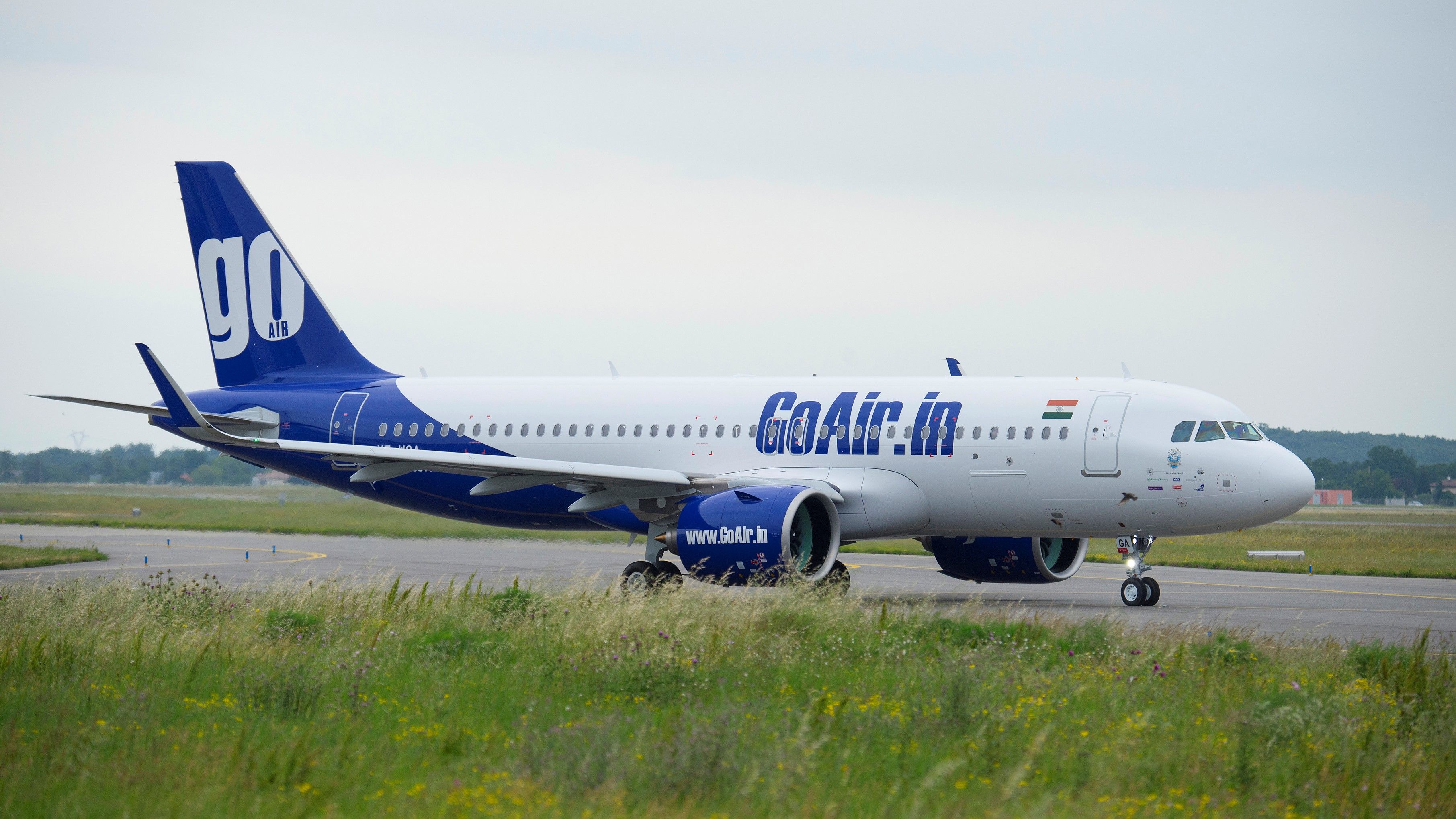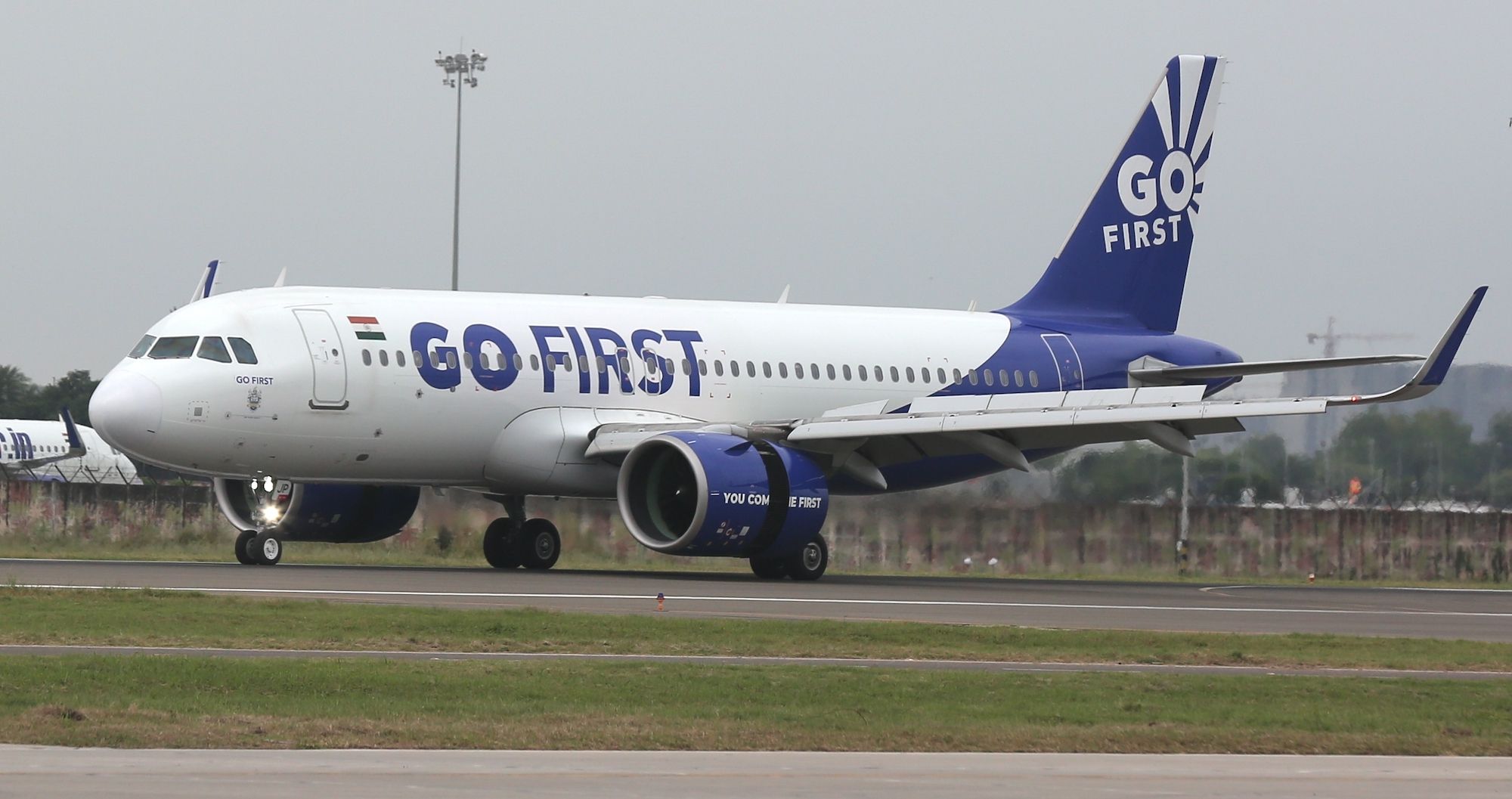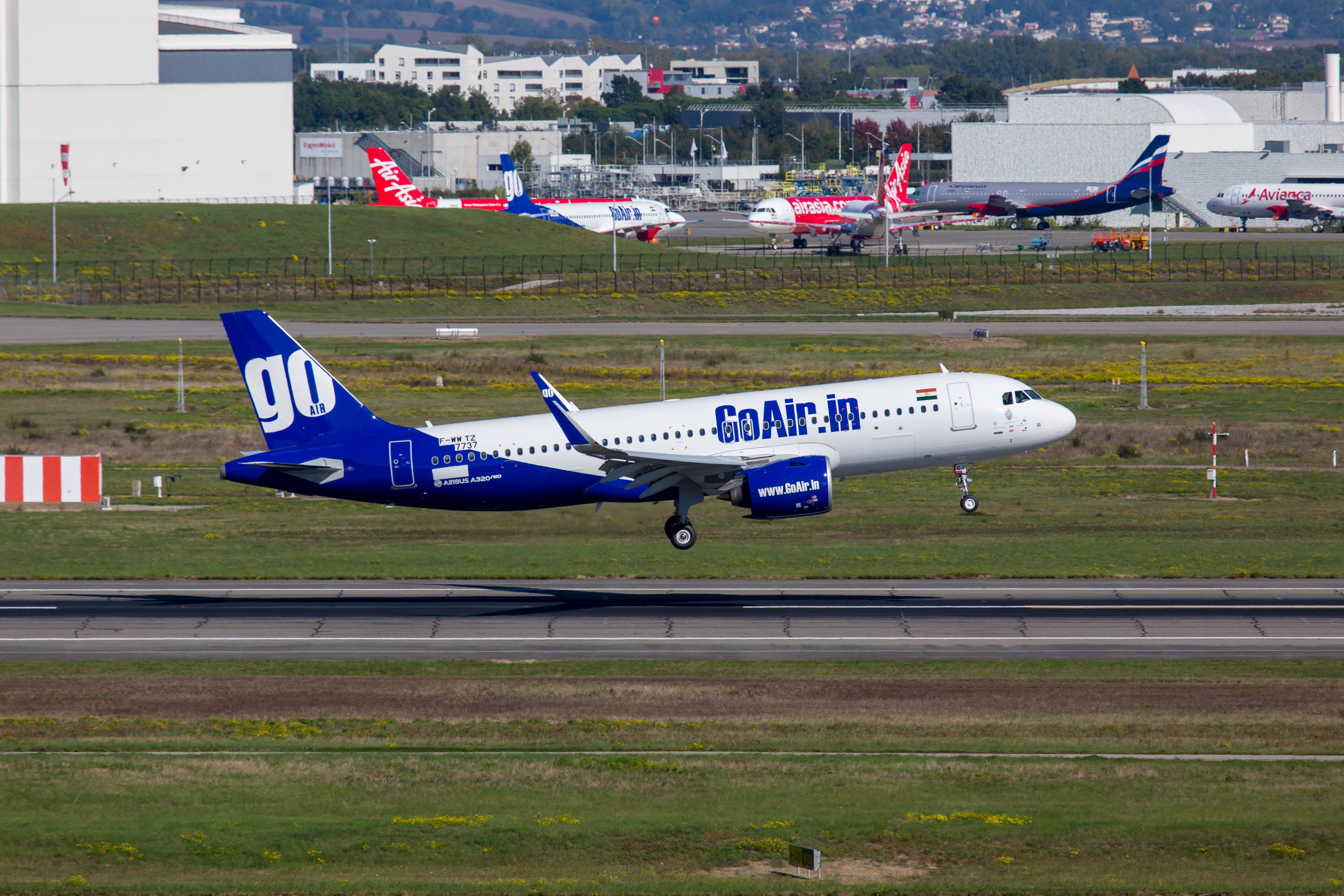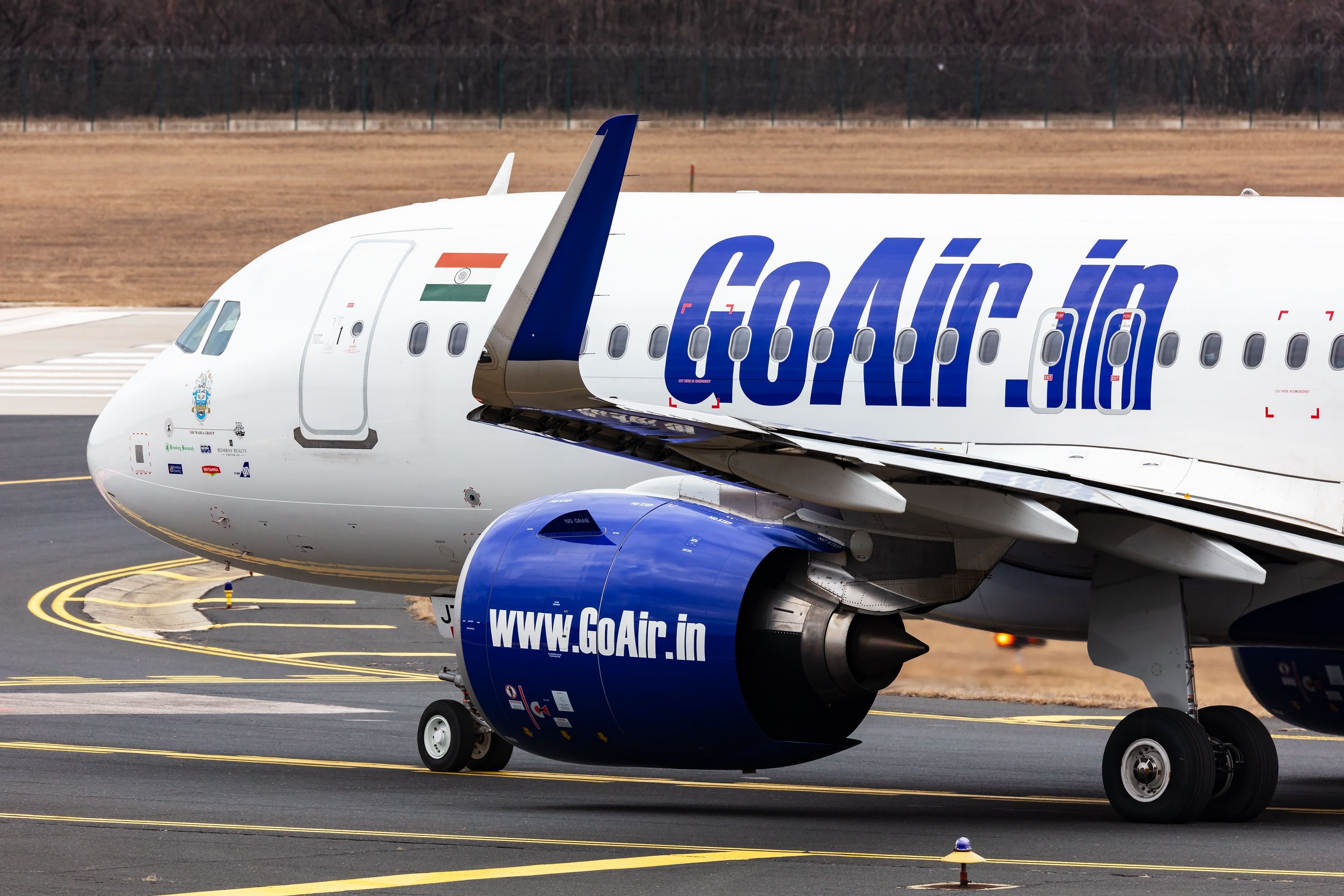Summary
- Go First has received approval for $12 million to cover urgent financial liabilities.
- The funds will be used to pay for employee salaries, airport fees, aircraft upkeep, and other mandatory expenses.
- However, Go First still faces challenges, including employee retention issues, a decrease in the number of pilots, and disputes with lessors.
India’s cash-strapped and grounded budget carrier Go First has been granted $12 million as corporate Insolvency Resolution Process (CIRP) cost to take care of urgent and mandatory liabilities. The airline is in the process of making a comeback, but no date has been finalized yet. It has several financial liabilities, such as aircraft upkeep, employee salaries, and airport fees, among many other things, and the latest cash approval will help with those.
Breather
Go First has received the approval for the Corporate Insolvency Resolution Process (CIRP) cost of ₹1 billion ($12 million). Rules dictate that the carrier needed at least 66% of its lenders to vote in favor, and it received a resounding 98% vote. Only IDBI Bank abstained from voting, with all the other lenders voting in favor of Go First receiving the fund.
Get the latest aviation news straight to your inbox: Sign up for our newsletters today.
Go First’s resolution professional (RP) Shailendra Ajmera had asked for emergency funding earlier this month to pay for mandatory liabilities. The CIPR costs include around $4.5 million in employee salaries, $1 million for insurance premiums, around $640,000 for airport parking charges.
Not out of the woods, yet
The approval for emergency funds is, indeed, good news for Go First, which is facing several roadblocks on its path to business resumption. The airline is struggling to keep its employees from leaving, with businessline reporting that of the 2,198 employees on its payroll currently, 1,000 are serving their notice period.
The carrier saw a massive exit of its employees, particularly pilots who were quickly employed by other airlines, such as IndiGo and Air India. Recent reports have even said that Go First is now only left with 100 pilots, as nearly 500 of the total 600 pilots it had have left the company in the last few months.
It’s also in a tussle with its lessors, who are worried about the losses from their planes getting stuck with the carrier. In another setback to Go First, the Delhi High Court recently ordered the airline not to fly lessors’ aircraft as part of scheduled maintenance.
The court said that the airline cannot consider scheduled maintenance as the reason to fly its lessors’ aircraft. It added that the resolution professional (RP) who is managing the airline’s insolvency proceedings has been unable to give compelling reasons to carry out these maintenance flights.
About the airline
Go First was originally founded as GoAir and is owned by the conglomerate Wadia Group. In 2017, the airline was the fifth-largest airline in India and operated as an ultra-low-cost airline.
Check out more Indian aviation news here.
At one point, the airline was operating 54 Airbus A320 aircraft and was the third-largest budget airline in the country behind IndiGo and SpiceJet. But a series of developments, including the issues with its engine suppliers as well as the COVID pandemic, hit the airline hard to the point where it had to stop operations in May 2023.
What are your views on this? Please leave a comment below.
With inputs from businessline




